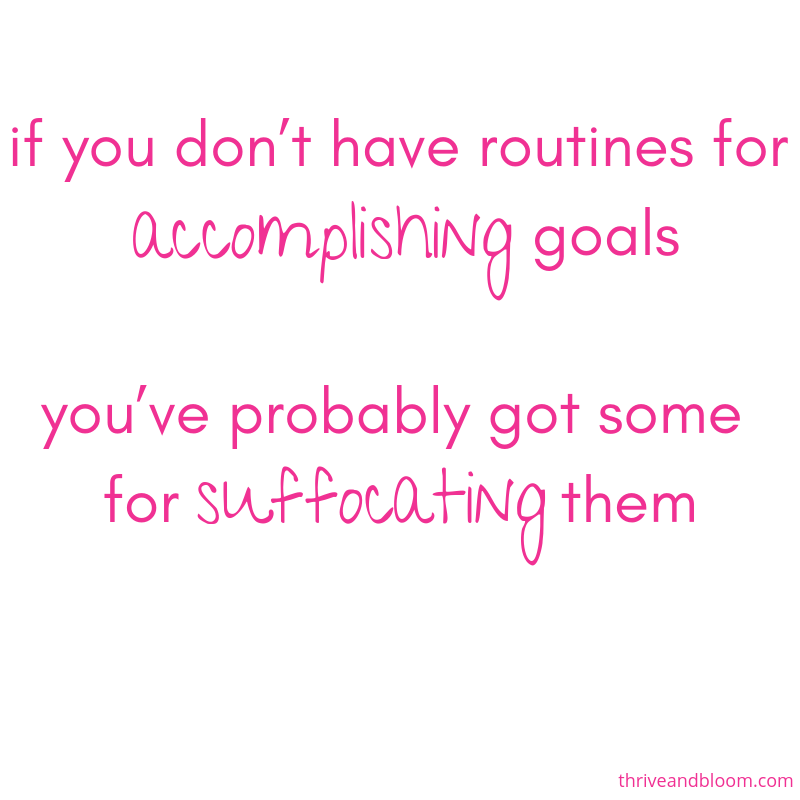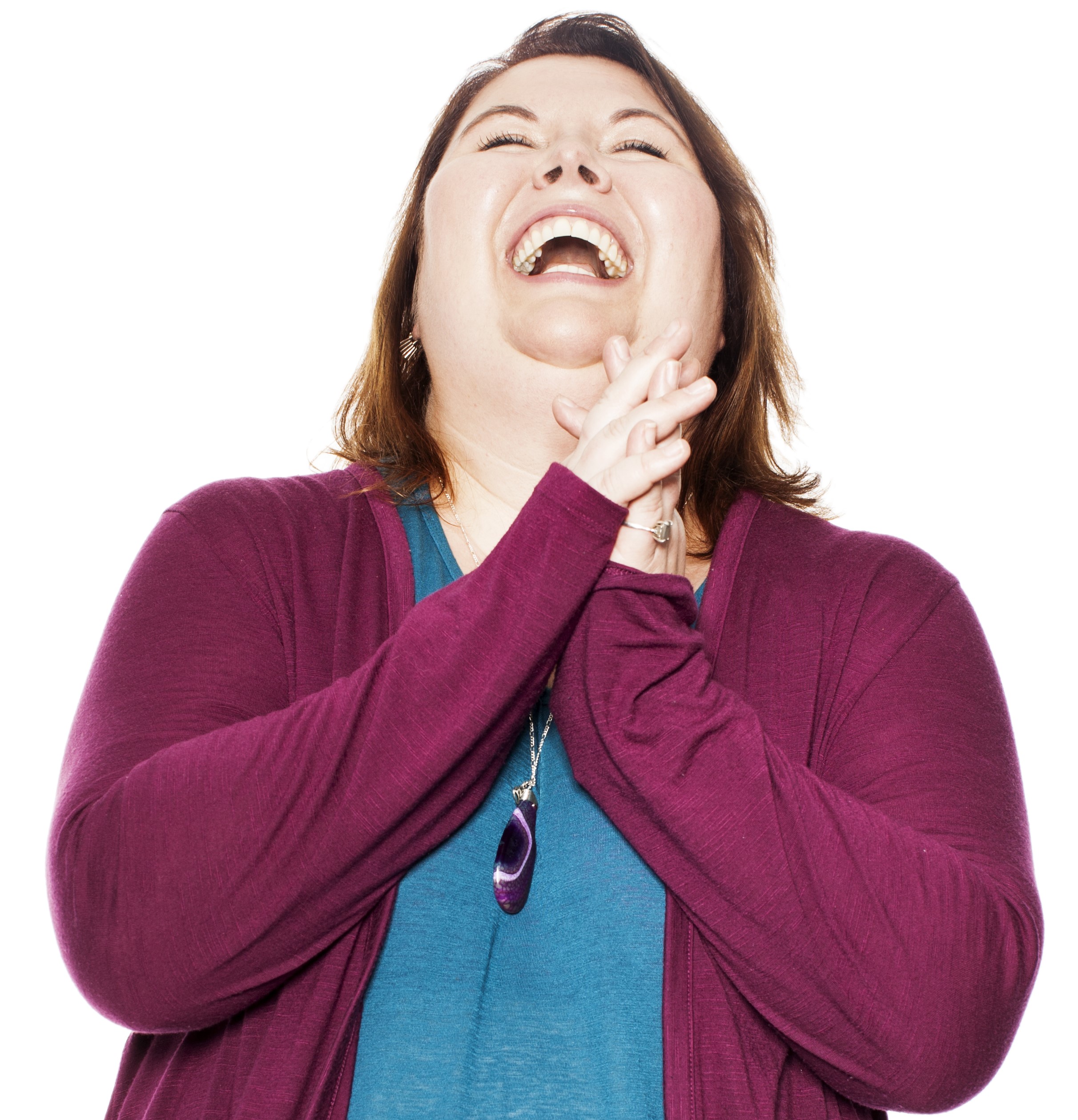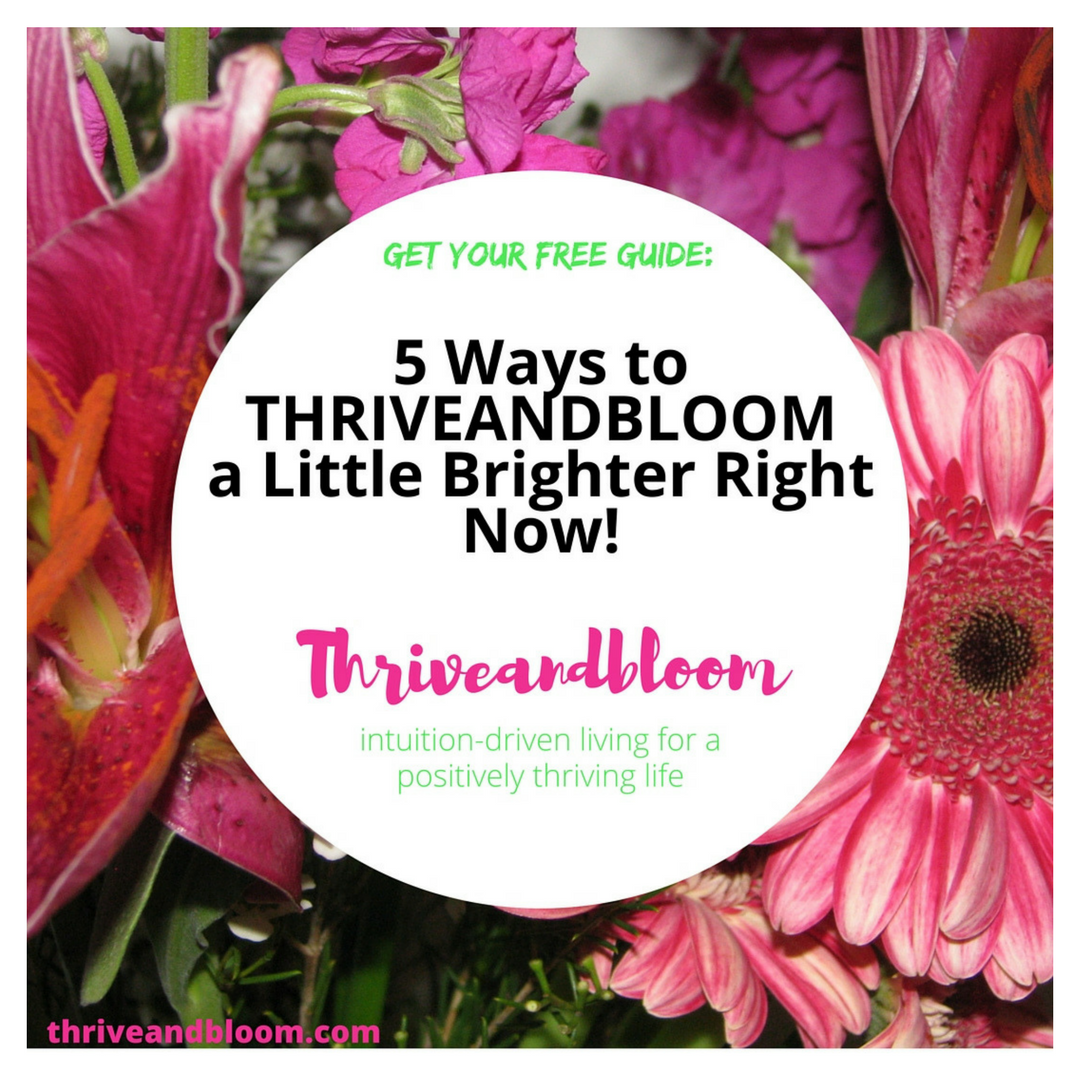Finding My Way Through Grief: How I Became A Routine Person
I’ve had something of a love-hate relationship with routine and ritual over the years. I used to be the one who thought routine was boring, restrictive and constrictive. That there was no humanity in doing the same thing every day, that that’s how lives got wasted away.
I’ve always longed to follow what felt good and right, well before I realized that this was my intuition guiding me and not selfish hedonism. Well, most of the time anyway ;)
When I used to hear people talk about their routines, even when they sounded kind of nice (which was as great as they ever used to sound to me), they never quite felt like they were “for me.” It was as if there were people who did X and people who did not, and I always believed that my place was, by nature, squarely located in the latter camp. And that was okay, because I valued all the qualities that I thought put me there – my passion and delight, my joy and my light as well as my dark, rebellious soul and my taste for satisfaction and life.
And I believed all of this SO VERY DEEPLY.
I was certain that the benefits that came from regular routines were just never meant to be mine, and that they in fact ran counter to who I was to be in the world. Now ritual, I could get down with. But never on a schedule. And never when it didn’t feel real. I had so many stories about routine, consistency, commitment and myself that were either entirely not true, or only a part of a much greater picture.
Looking back, I can recognize 3 major life experiences that first opened me up to the power of routine and so helped me to see a fuller picture of the world and myself – getting married, becoming a teacher, and going through divorce.
First, marriage. As an only child raised by a single mom, I spent most of my life basically doing what I wanted. Taking responsibility and consequences for my choices and actions that mostly only really affected me, and only having to consider my own choices and actions in most equations. Bless my mother for the wisdom to give me freedom and the strength to watch me use it!
Even in serious relationships, it still more or less shook out that way. But once I got married, that changed. Suddenly routine became a more supportive and useful construct in navigating the lives, needs and wants of two instead of one. Having a regular plan for things like making lunches and enjoying hobbies made it easier to ensure that they happened, for example. And them happening helped us both feel better as individuals and exist more happily collectively. So I started to embrace some aspects of routine, albeit in my own uh… special, flexible way.
As for teaching, of course that expanded the realm of who was affected by what I did and didn’t do even more. There are things that just can’t be put off or neglected because young people are relying on them and you, so routines became absolutely necessary in keeping up with all of them. Which, by the way, isn’t to say that I maintained my routines seamlessly. But I kept trying and tinkering to find the combinations that worked best, because it was absolutely vital that I do so.
And now we come to divorce. Or really, the depression I ended up falling into after my divorce. At first, I was just grieving the loss of my marriage – the life I had been living and all that I thought I believed to be true. Even though I wanted it all to be over, I still knew there were going to be a whole lot of feelings to deal with around all of it, and that it would take time to let them emerge, sort and pass. I thought I was being quite forward-thinking and magnanimous to allow myself a whole year to grieve in whatever way I needed to. Of course that would be enough time, I thought. Heck, maybe I won’t even need 12 whole months. My, what a silly girl was I….
Somewhere in the space of the second full year, still struggling with the grief that still lived with me most moments of most days, my grief metamorphosed into depression. Undiagnosed, because I didn’t seek diagnosis, it was a heavy, vague malaise that hung over me and seemed to cling. I wasn’t miserable in the classic sense of the word, but the so-so-ness of it all was, for me, far worse. Life felt so confoundedly okay – fine and meh and bland and dull. Not as in boring, but as in not sharp, undefined, point-less.
I’ve written elsewhere (here and here, most extensively) about how I worked my way out of that place. I was just at the tipping point where I no longer felt I could handle it alone, that the time had come to seek help, treatment, medication – whatever it took to resuscitate me from the listless life I was barely living. (Most of the people I passed time with on a day-to-day basis had no idea that this was the case, or if they had an inkling, they surely didn’t know the depth. And again, bless my mother, this time for the wisdom she brought me in navigating this space and the strength to be with me as I found my way.)
I call the process that got me through this time “following the breadcrumbs,” because it involved noticing whatever crumbs I could find of things that interested me, lit me up, or jostled me from the numb that had come. Seeking them out and trusting that they would indeed lead somewhere.
What I don’t think I’ve quite articulated before now is how routine actually played a great part in the process. I developed routines around following the breadcrumbs – connecting to supportive online communities, finding and reading online material, participating in webinars and other online events. I integrated those things into my day, making the time and commitment to them that allowed me to flourish through them. If I’m being honest, those routines were extra supportive because they were replacing the routine I had fallen into of getting up, making it through the day, going home, and self-medicating – with food, alcohol and tv, until I could reach the sweeter release of sleep, pause and repeat.
I share all of this in case you can use the reminder (or maybe you didn’t know). Your routines can look however the heck you want them to, the only person they’ve got to please or appease is YOU.
Whether or not you consider yourself a routine person, trust that you still have routines; it’s just a matter of which ones you choose. If you don’t have routines for accomplishing goals, you’ve probably got some for suffocating them. If you don’t have routines for creating calm and inner peace, you’ve probably got some that erode it. If you don’t have routines for getting your butt out of bed and out the door, you’ve probably got some for nailing it to the couch for the night when you get home.

(This concept first came under my radar from my wild soul teacher and guide Elizabeth DiAlto – she was talking about meditation, how we often meditate on things like worry without even realizing it – but the basic tenet clearly holds here, too.)
Your routines can be strict and structured or fluid and flexible, depending on what’s going to serve you best. You can have daily routines or weekly ones, depending on that you need. You can have routines for joy, and love, and laughter, and adventure. They can be wild, and playful, and beautiful, and fun. You routines can look and feel as bold, sassy and bright as YOU.
So don’t let old broke stories about what you think routine means keep you from having ones that help you create and live your most positively thriving life. They can do pretty much whatever it is that you need them to do. You’ve just got to be willing to meet them halfway.
My niece Makayla just performed in her first gymnastics competition yesterday, and she placed in 2 out of 4 of the events! I was such a proud auntie. We were seated right in front of the spot where the young gymnasts performed their floor routine. A series of moves the girls practiced religiously, to show the judges their skills. As a young girl I used to love watching gymnastics competitions and movies (American Anthem, anyone?), and I especially loved the floor routines. But it wasn’t until now that I really thought about those routines as a way to showcase skills and a vehicle through which to develop them. What a perspective to bring to our own routines, to carry us through on the days when we don’t feel like doing them, we can remember that the DOING of them is how we develop the skills and practices that matter to us. Those nieces and nephews are always teaching me, bringing so much meaning to my life.
Cheers to you, my friend, and whatever routines you seek to incorporate into your days.
xxoo, cc


